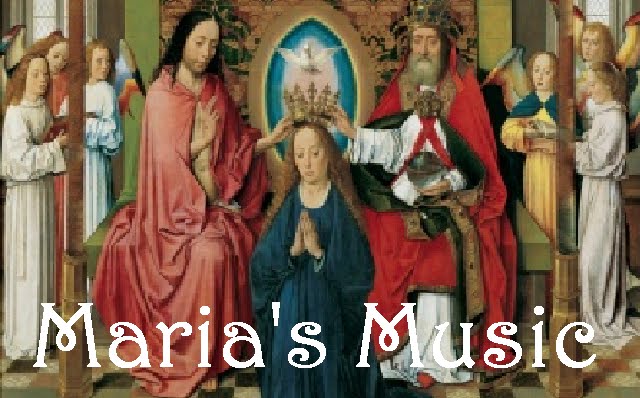As I pack for college and listen to Brahms, I can't help but wonder if there is a necessary connection between higher education and drinking: his Academic Overture is a potpourri of drinking song!
As an aside, I have decided that this blog needs far more Latin, with English translations a click away. Today your click comes in the form of a Wikepedia article. One such drinking song is Gaudeamus igitur (a more inebriated example was not available, sadly):
Maria's Music does not support the views or opinions expressed here in (the fifth verse especially), but simply wishes the world would sing drinking songs more often in this day and age.
Gaudeamus igitur juvenes dum sumus.Well, this all led to a YouTube search of drinking songs. It's quite a popular thing among colleges I guess... MIT does a good one (catch the quote around 4:30?), and the same tune here again (and again)... U of Michigan Ann Arbor...
Post jucundum juventutem, post molestam senectutem
Nos habebit humus.
Ubi sunt qui ante nos in mundo fuere?
Vadite ad superos transite in inferos
Hos si vis videre..
Vita nostra brevis est brevi finietur.
Venit mors velociter rapit nos atrociter
Nemini parcetur.
Vivat academia vivant professores,
Vivat membrum quodlibet vivat membra quaelibet,
Semper sint in flore.
Vivant omnes virgines faciles, formosae.
Vivant et mulieres tenerae amabiles
Bonae laboriosae.
Vivant et republica et qui illam regit.
Vivat nostra civitas, maecenatum caritas
Quae nos hic protegit.
Pereat tristitia, pereant osores.
Pereat diabolus, quivis antiburschius
Atque irrisores.
